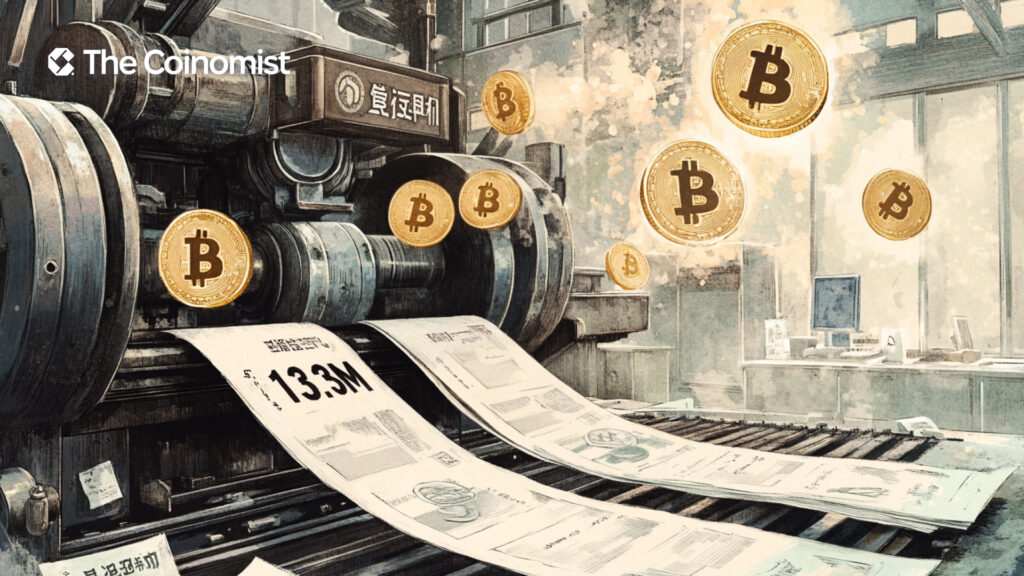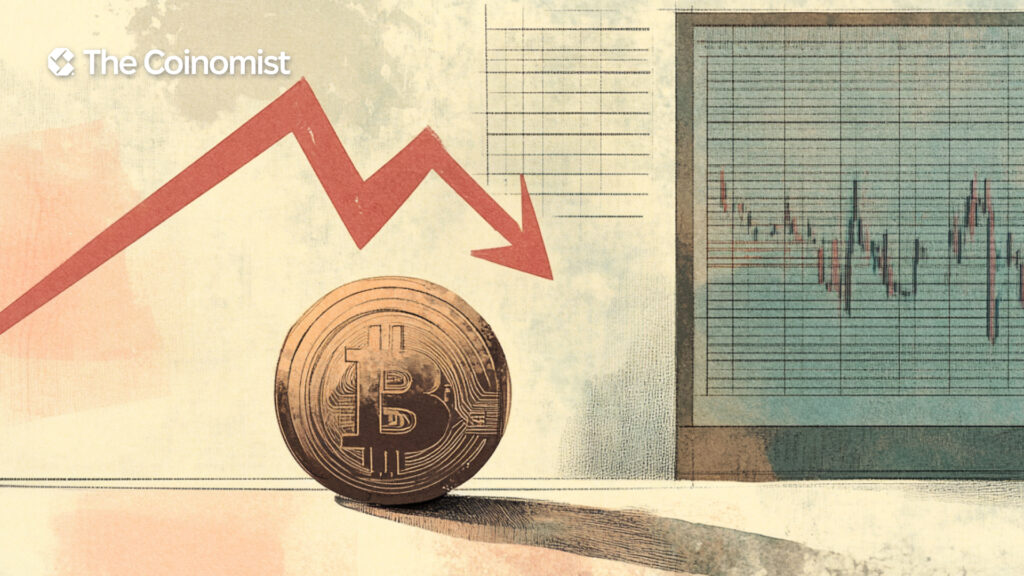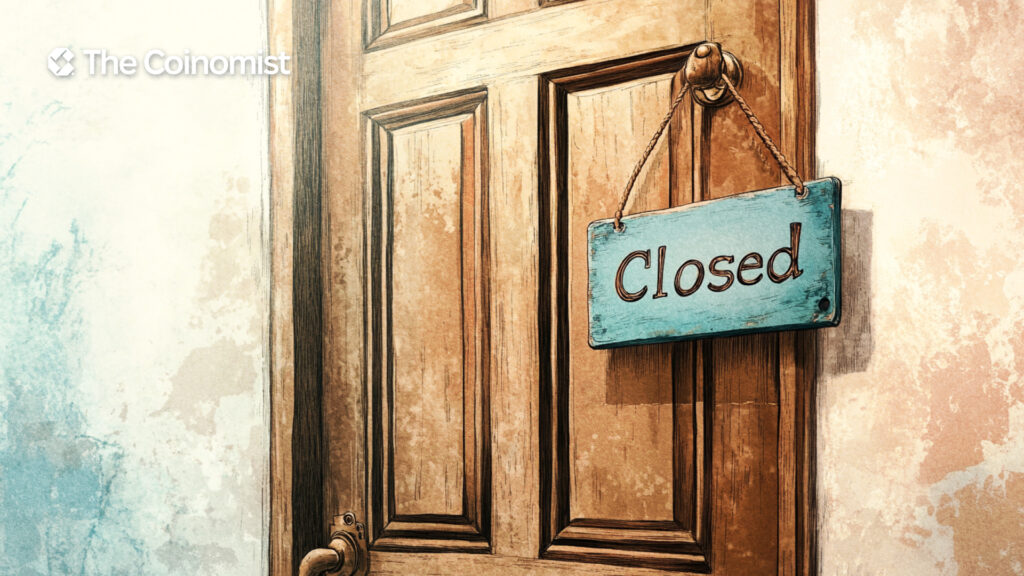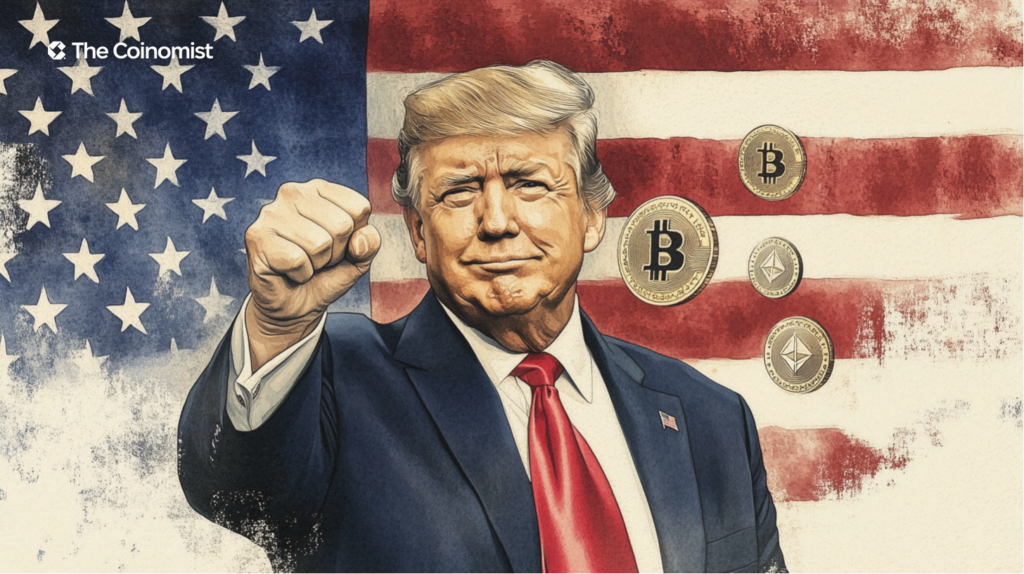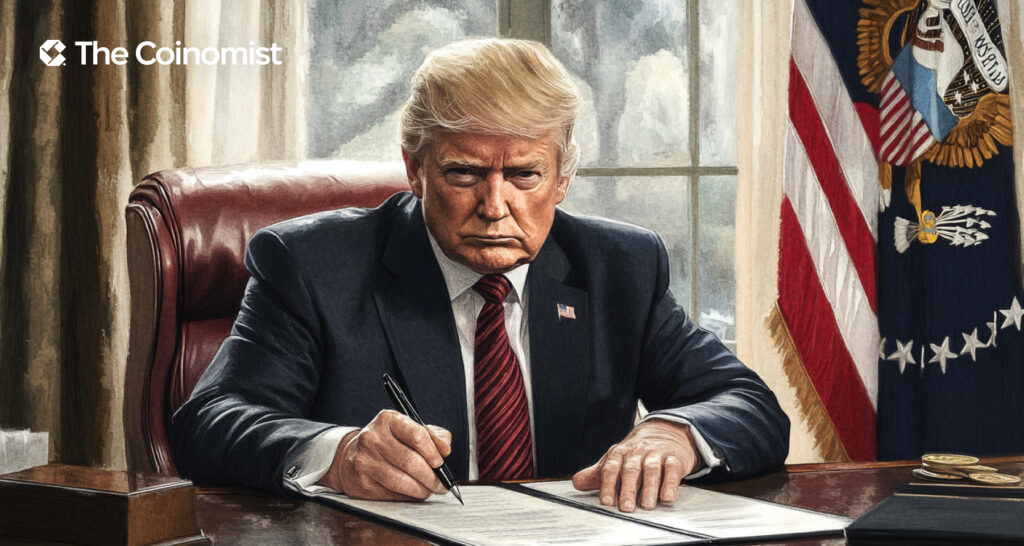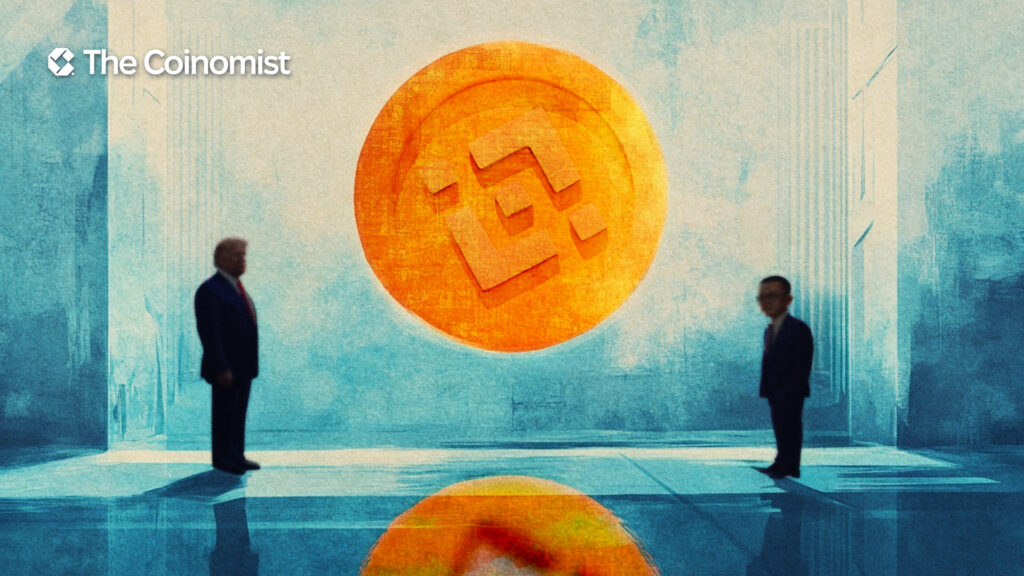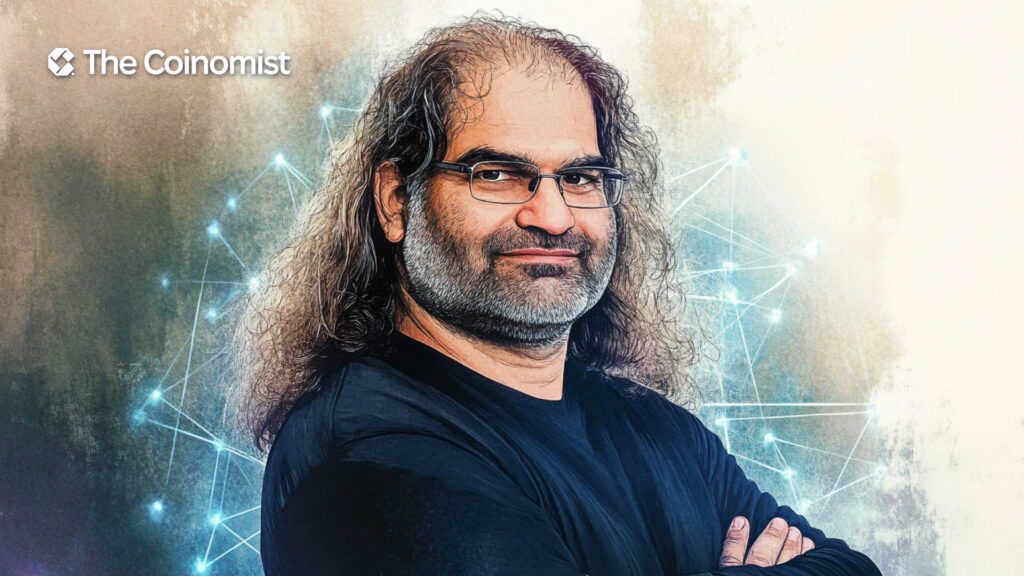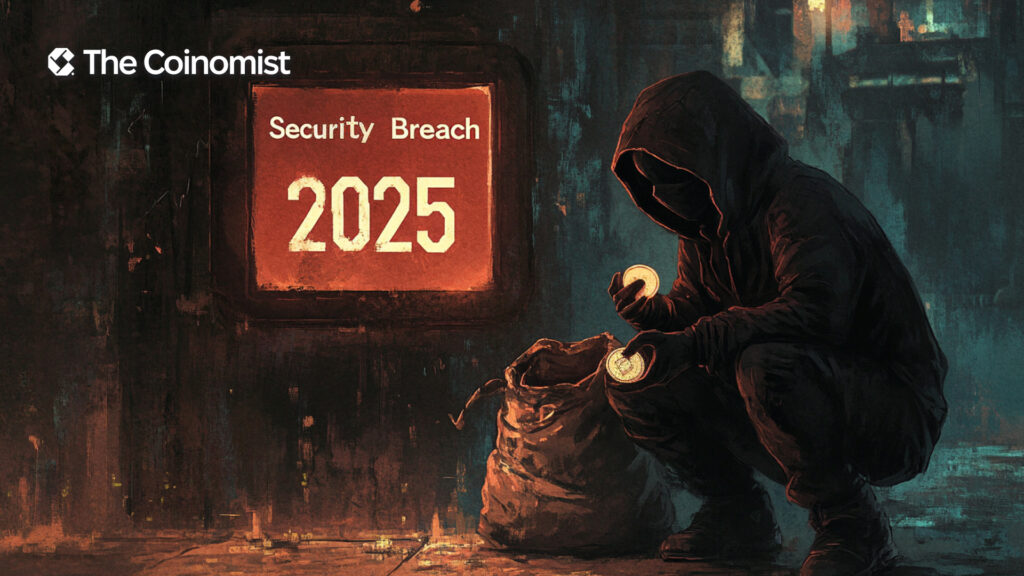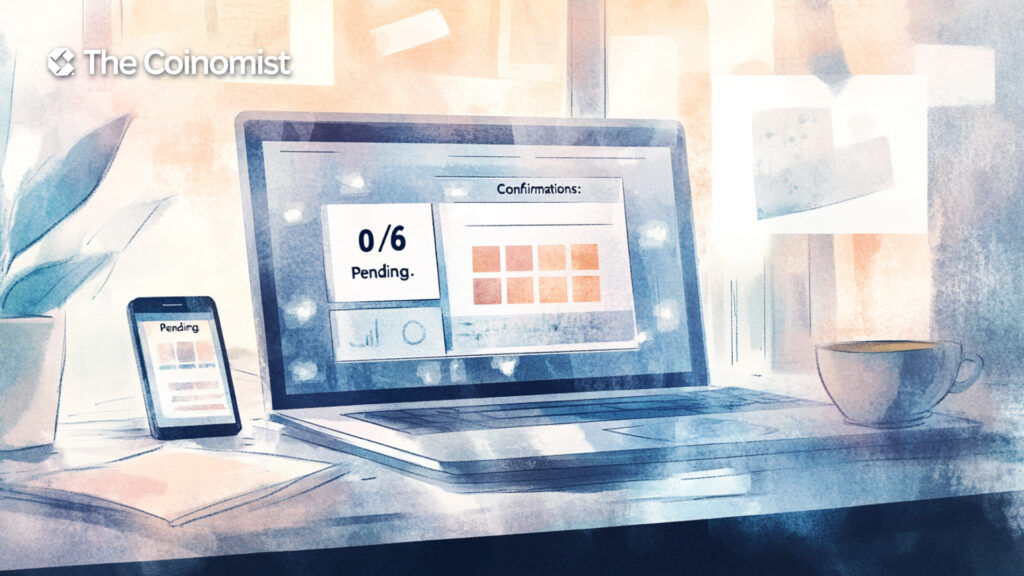Why Seoul Has Become Asia’s Crypto Capital
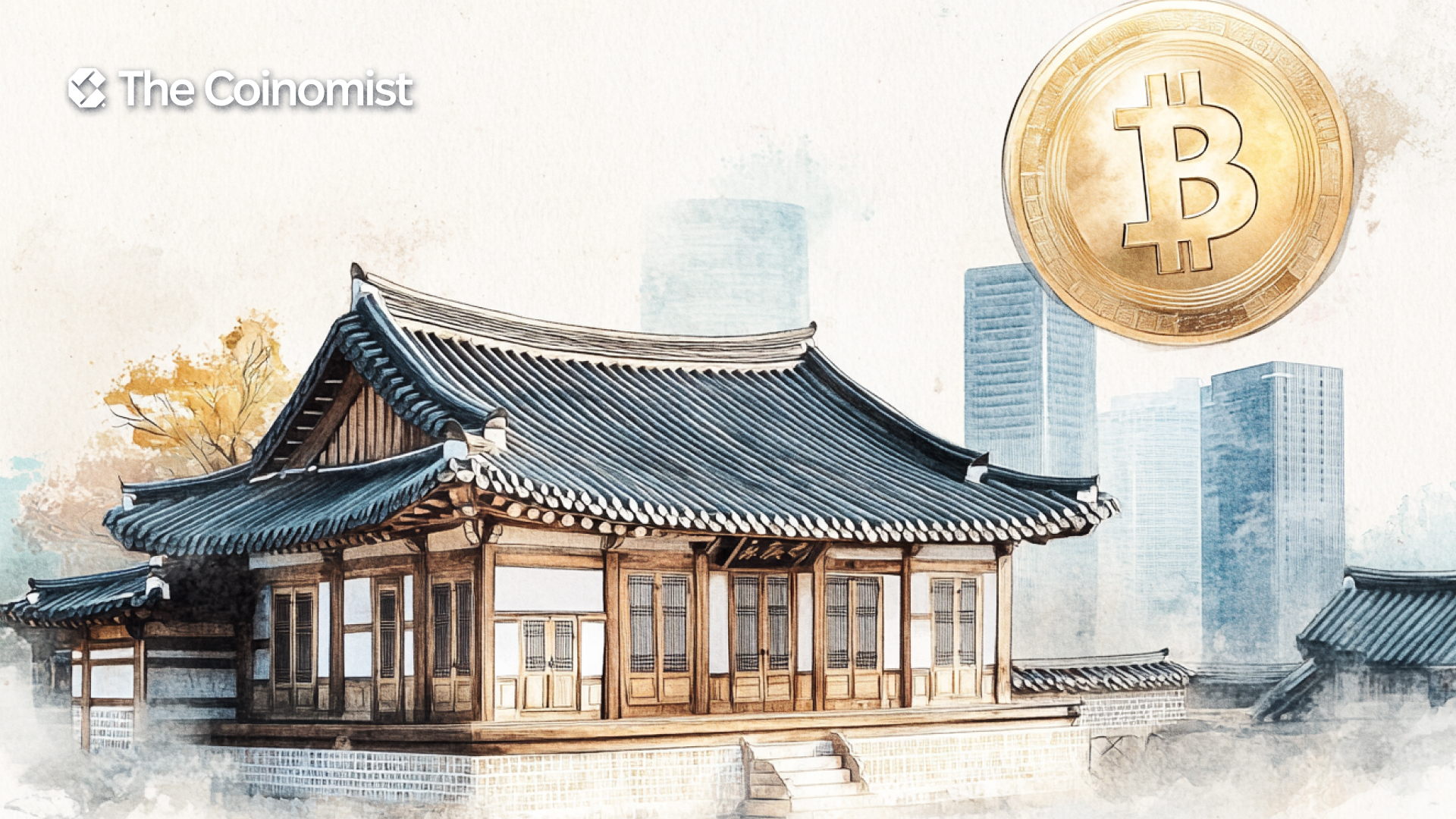
From Hyundai to LG, South Korea’s influence on global tech is undeniable. And Seoul? It’s the launchpad for Asia’s boldest crypto breakthroughs.
On this page
Once known chiefly for its technological brilliance, Seoul, the beating heart of South Korea, has evolved into something even more ambitious—Asia’s leading crypto city. Home to more than 9 million people, it now pulses with the energy of blockchain labs, digital marketplaces, and full-scale crypto integration.
What makes Seoul so uniquely primed for this role?
It’s the confluence of forward-thinking government support, a culturally embedded drive for innovation, and the relentless energy of a youthful, digital-native generation. This piece dives into what makes Crypto Seoul a destination not just for technologists—but for travelers with their eyes on the future.
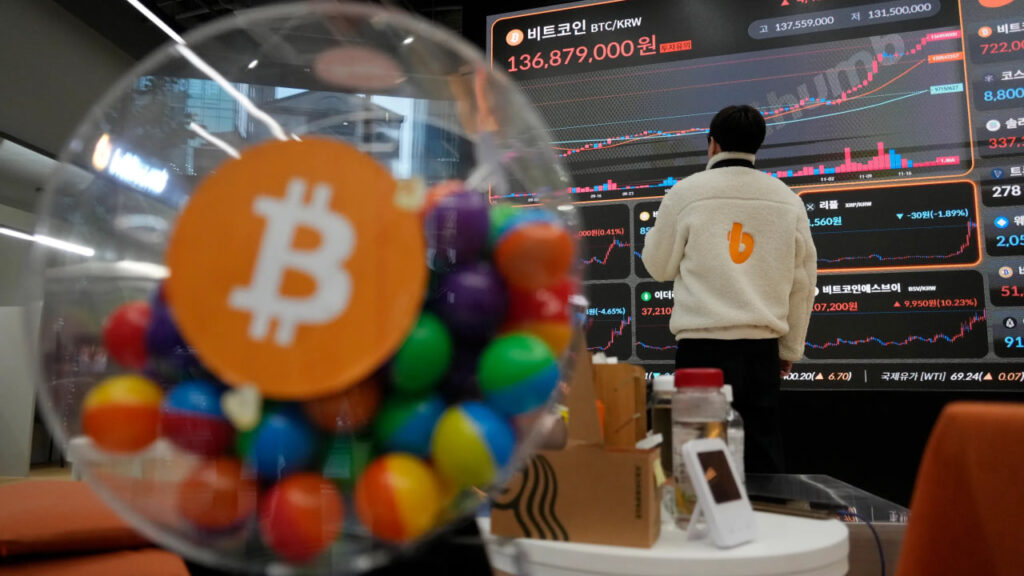
Inside Crypto Seoul: Asia’s Digital Vanguard
In the heart of South Korea, Seoul has claimed its place as Asia’s crypto city. It’s a space where technology hums in real-time, investments pour in, and the government isn’t lagging behind—it’s leading the charge.
Everything here points forward: policies, infrastructure, ambition. This is what the blockchain-powered city of tomorrow looks like—already alive and trading:
- The Tech Spine of Crypto Seoul. South Korea ranks among the global leaders in internet speed and mobile technology. In Seoul, nearly all residents are connected via 5G, and a majority of adults actively use crypto exchanges. This has made Seoul one of the most fertile environments for cryptocurrency adoption—in 2017, the nation represented up to 20% of worldwide digital asset trading.
- Remote Work Meets Renewable Energy. Seoul’s infrastructure is built for the future. With a growing number of coworking spaces and tech offices powered by solar panels and wind turbines, the city provides everything needed for sustainable and flexible remote work.
- The Culture-First Capital. Looking for a city that blends blockchain with nightlife? Seoul’s got it. In neighborhoods like Hongdae and Itaewon, crypto enthusiasts gather in indie cafés and rooftop bars, trading screen time for real-world conversation over espresso or soju.
The cost of living here is more forgiving than in Tokyo or Singapore, which makes it a favorite among digital nomads and crypto travelers. Add to that a thriving startup scene, clear crypto regulation, and Seoul’s strategic spot between China, Japan, and Southeast Asia, and you’ve got a city that’s not just vibing—it’s rising.
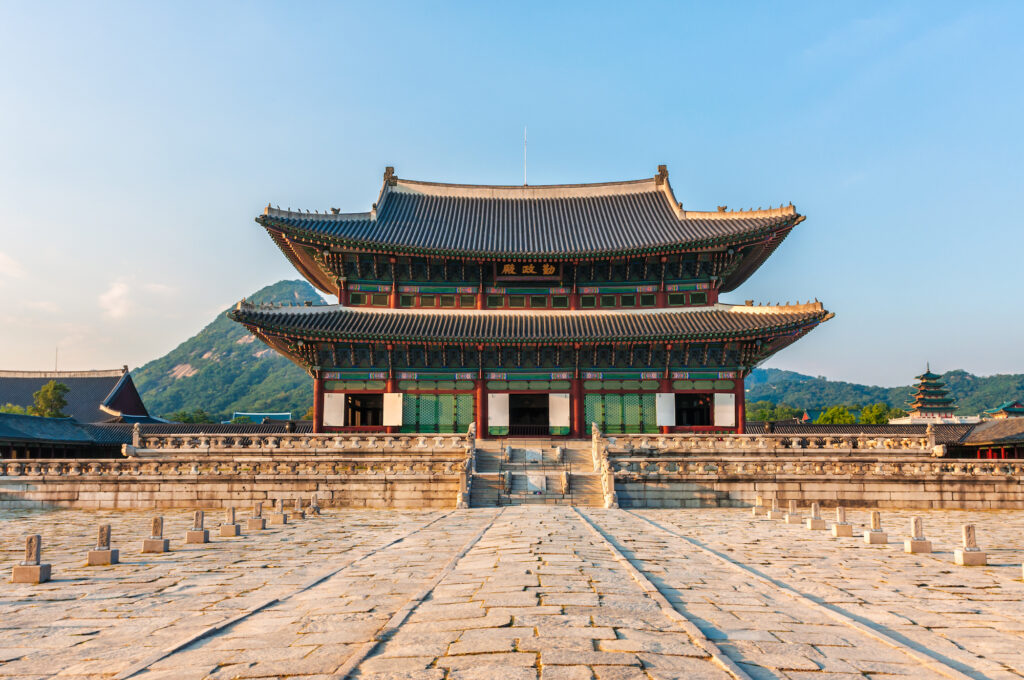
Check out more: South Korean Crypto Exchanges Conduct Stress Tests for Crises
Seoul: The Pulse of Asia’s Crypto Scene
As Asia’s crypto capital, Seoul delivers the perfect balance between cutting-edge work and cultural downtime. After crafting smart contracts or closing deals with crypto investors, locals head to Paris Baguette by the Han River or attend a blockchain meetup at D.CAMP, a go-to startup hub in Gangnam.
Crypto payments are now part of the landscape: shops in Sinchon and restaurants in Myeongdong openly accept Bitcoin and stablecoins, signaling wide-scale adoption.
Lunch at Han Chu hits the sweet spot—comfort food like kimchi jjigae or sizzling samgyeopsal for just 15,000–25,000 KRW ($11.54–$19.23) per head. It’s filling, authentic, and affordable, even for students or digital nomads on the move.
Meanwhile, if you’re thinking of settling in Gangnam, prepare to pay: penthouses sell for around 1.95 billion KRW ($1.5 million), and rent goes for 2 million KRW ($1,538) per month. Crypto investors are already moving in, snapping up prestige properties in Seoul’s sleekest neighborhoods.
Think luxury hotels are out of reach? Not in Seoul. Even top names like Lotte Hotel Seoul and Shilla Stay start at around 156,000 KRW ($120) a night—making them a go-to for crypto conference attendees who want plush digs without blowing the budget.
Need a brain break? Snap panoramic shots from N Seoul Tower or find your calm at Changdeokgung Palace. These aren’t just Instagram hits—they’re perfect places to shake off screen fatigue and come back sharper.
Crypto Seoul is where contrasts make sense. You can hit up COEX for slick tech finds, score souvenirs at Namdaemun Market, then crush a bowl of fiery kimchi at a neighborhood café. The city’s vibe—half centuries-old ritual, half blockchain revolution—shows just how fast digital change can embed itself in tradition.
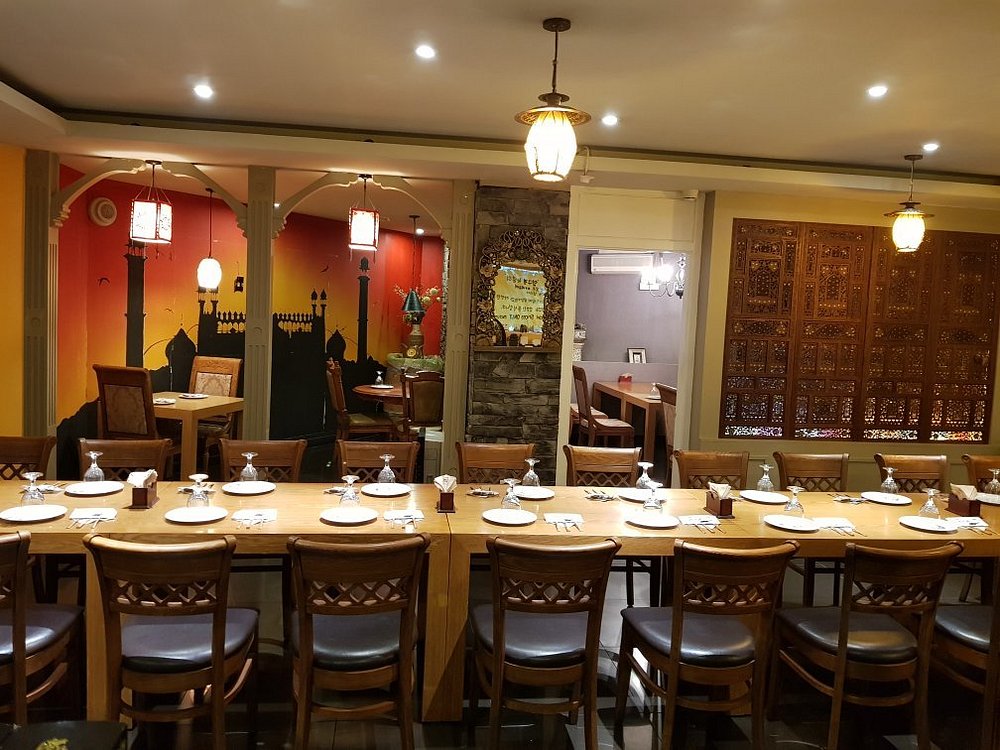
Explore the Intricacies: South Korea’s Kimchi Premium, Alluring Arbitrage, and Competition
Where to Catch the Crypto Vibe in Seoul
Seoul’s got more than K-pop energy—it’s got a crypto rhythm, too. You’ll find it at Korea Blockchain Week or the Seoul Web3 Summit inside COEX, where thousands gather to network, launch, and brainstorm the next big thing in Web3.
The big names—Upbit, Bithumb, Coinone—are always there, influencing the pulse of the Asian crypto scene. But real magic happens in the margins: at Hashed’s creative HQ in Yeouido or in sunlit WeWork corners in Gangnam, where freelancers sketch out blockchain solutions over iced americanos.
The café at D.CAMP in Marbly has become a hotspot where crypto culture merges with Seoul’s café scene. It’s common to overhear discussions on Zero-Knowledge Proof between startup teams sipping matcha and planning their next protocol.
Art enthusiasts head to the MMCA (National Museum of Modern and Contemporary Art) for a dose of curated digital art, while the Han River waterfront near the statue of King Sejong the Great has evolved into a casual gathering point for Seoul’s growing crypto community.
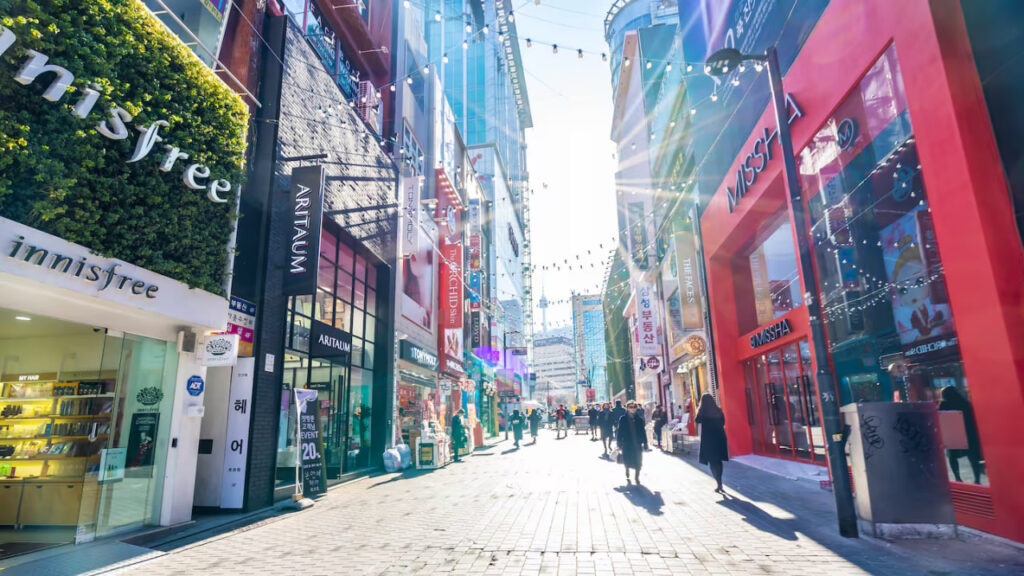
Web3 Employment: Crypto Jobs Are Remote-First: Everything You Need to Know
How to Prepare for a Trip to Crypto Seoul
Heading to the crypto capital of Asia? Get ready to experience a city that lives both online and off.
his city’s got a digital twin in the metaverse, where residents use avatars to interact with everything from city permits to digital events. It’s no surprise that names like Samsung Electronics, SK Telecom, and Naver have opened up shop in Seoul’s growing grid of virtual offices.
Rumor has it, Seoul’s officials are gearing up to move key city services into the metaverse—some universities are already there, offering admin tools and access via digital campuses.
Metaverse Use Cases: Why create digital twin cities
But when it comes to the real-world capital, Seoul is nothing short of hospitable. Still, a handful of cultural tips can go a long way in helping travelers avoid avoidable faux pas and soak up the very best the city has to offer.
Pick your vibe (and your price point):
For budget-friendly living, look at Hongdae or Itaewon. In either spot, you’ll find hostels and short-term rentals from 32,500–78,000 KRW ($25–$60) per night, and cozy studios for a month from 450,000–780,000 KRW ($346–$600).
Craving food at 2 a.m.? You’re in luck—these neighborhoods are packed with 24/7 spots and Korean BBQ joints where a good dinner runs 20,000–35,000 KRW ($15.38–$26.92). Hongdae is louder, younger, and closer to the city center. Itaewon is more relaxed—and full of global flavor.
Gangnam and Yeouido are Seoul’s luxury zones—and the prices match.
- A night in a sleek apartment here? 130,000 to 325,000 KRW ($100–$250).
- Monthly studio rental? Think 1,000,000–1,500,000 KRW ($769–$1,154).
Hotels run about 156,000 KRW ($120) a night, and dinner can easily hit $40 per person. But here’s the payoff: Gangnam’s pulsing with startups, innovation, and late-night energy. Yeouido? Pure power—banks, suits, and riverside glass towers that glow after dark.
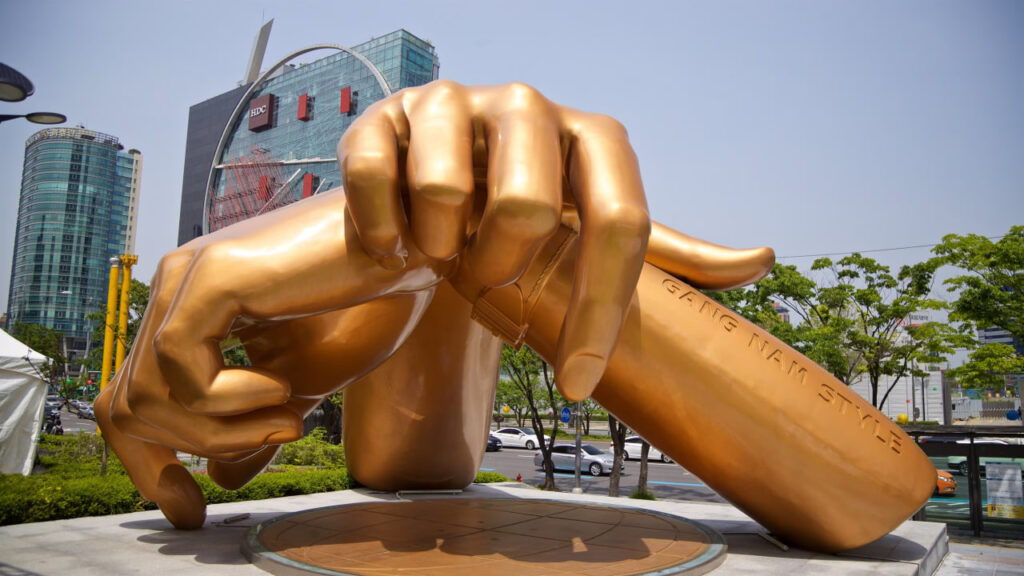
What First-Timers Should Know
- Climate
Seoul summers can be sweltering and humid, with temperatures often climbing between 25–35°C, while winters bring cold and snowy conditions, ranging from –5 to 5°C. Grab an umbrella in summer, and don’t forget your warm jacket in winter—Seoul can still feel chilly, even if the sun’s out.
- Transport
Getting around is easy and affordable. A ride on the metro or bus costs about $1.12, with monthly passes at around $42. Taxis from the suburbs to downtown will run you $10–$15, with a late-night fare of up to $20. Public transport in Seoul is super reliable, and schedules are posted on electronic boards at each stop.
- Cultural Etiquette in Korea
In Korea, touching someone who isn’t a close friend or family member is seen as rude. So, don’t go patting someone on the back or arm, no matter who they are or what their gender is.
Also, don’t make direct eye contact with older individuals—it’s considered disrespectful. It’s best to avoid talking about politics, especially topics like North Korea, and criticizing kimchi is a no-go—it’s a huge part of their culture. Oh, and just like in Japan, don’t worry about tipping—service is already included in your bill.
Follow these tips to fully enjoy your experience in Seoul, free from any unnecessary mishaps.
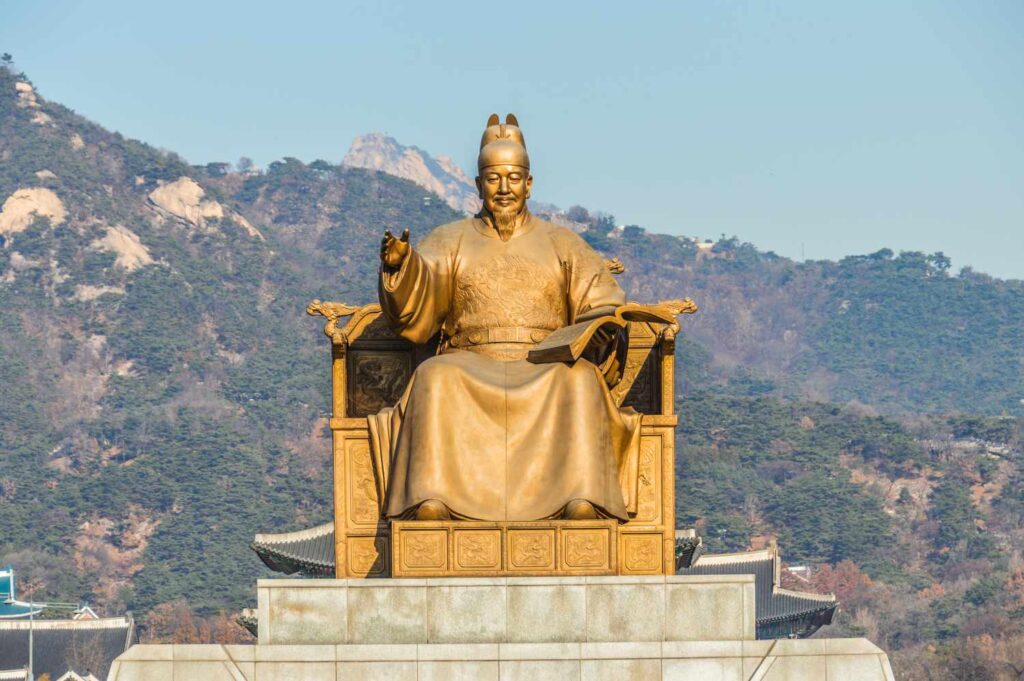
Seoul is sure to charm:
- Digital nomads who thrive in tech-driven environments and fast-moving cities;
- Freelancers embedded in the vibrant startup culture of the city.
However, Seoul may not be the best fit for:
- Those looking for cheap accommodation (suburbs like Incheon are 2–3 times more affordable);
- People who cherish silence and solitude—Seoul is constantly alive with activity.
The content on The Coinomist is for informational purposes only and should not be interpreted as financial advice. While we strive to provide accurate and up-to-date information, we do not guarantee the accuracy, completeness, or reliability of any content. Neither we accept liability for any errors or omissions in the information provided or for any financial losses incurred as a result of relying on this information. Actions based on this content are at your own risk. Always do your own research and consult a professional. See our Terms, Privacy Policy, and Disclaimers for more details.







